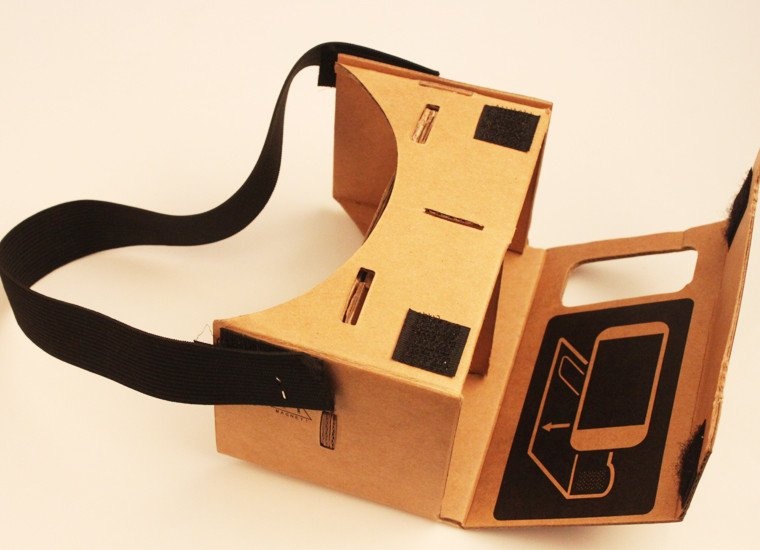12 apps, six winners, and one big Egyptian competition

Competitions can sometimes stint on the cash, but not the one held on Wednesday in the lush environs of the downtown American University in Cairo campus.
The top prize at the Mobile App Launchpad Program (MAL) was $20,000 or almost 180,000 Egyptian pounds - a tidy sum - and won by 7asala, a team trying to use mobile to make casual philanthropy more transparent.
The competition itself was for app makers and the final on Wednesday consisted of two tracks with six teams competing in each.
7asala won the startup track, followed by deals app 3roodk which won $10,000 and communal online used book library 3al Raf won $5,000.
The tech and innovation track was won by an intriguing idea, Balloon Mail which took home $6,000. The team, led on stage by

and spread. (Image via Balloon Mail)
Reem Hamdy Abdelrazek, wants to overturn the negativity inherent in some social networks with a pay-it-forward idea. It lets people send anonymous online ‘balloons’ of positive thought around the world and see where they ‘land’ on a map in the app.
Abdelrazek said during her pitch that Whisper, Ask FM and Secret were similar models, so hopefully the team will learn from those networks’ mistakes after each has suffered badly from playing the anonymity game.
The second and third placed teams were historical virtual reality tour app Egypt VR ($3,000) and Share Experience ($2,000), an app which connects university students with experts who can share their accumulated knowledge.
Winning big
The 7asala team designed an app to help people donate to a specific project within an NGO rather than donating simply to the NGO itself. Users receive updates from the NGOs so they can see the impact of their donations.
The idea came to founder Sherif Fawzy Ali when he was working for an NGO which raised money for a girl who’d had an accident. They made sure donors were very clear on where their money was going and how it was helping, and afterwards he realised how much of an anomaly it was to pay this kind of attention to detail after money was paid.

Raghda Moataz had done the talking on stage, and told Wamda that “mobile technology is the shortcut” for many industries such as food or transport, but hadn’t been used for tracking donations yet.
7asala has a beta version with the Children's Cancer Hospital Foundation hospital (57357) and Misr El Kheir on board.
Egypt VR founder Amr Mohamed works from his base in Alexandria, and said all of the historical images and videos on the app so far were his creation.
The app, which is launching into a market already keen on the possibilities of augmented and virtual reality (see Pokemon here, Zombies here and the downlow on each here), seeks to take travelers into old Egypt via a VR headset for mobile phones.
The judges were particularly interested in whether the need for VR glasses would be a challenge for the app's success, and whether it would be difficult to gain all of the images he needed as some places, such as the Valley of the Kings, prohibits photography on site.

Khaliel said the app was live and it’d been downloaded about 1400 times so far, but the goal was to get a website running in the next six months that would allow people to create accounts and upload their own images.
Programming programmers
The competition was the first in four and part of the MAL online programming course launched in November by Google, e-learning platform Udacity and the Egyptian Ministry of Communication Information Technology.
It’s geared at grooming Egypt’s mobile app developers through training, certification and career guidance and job placements. So far, 480 students from 20 governorates in Egypt have completed the course to date and it’ll eventually sponsor 2000 by the time it closes at the end of the year.
While the app market continues to grow in MENA and in Egypt, there is a gap between the supply and demand of local mobile applications in the region. Last year, Egypt was one of the top 25 contributing countries to global mobile app traffic and revenue. However, more than 90 percent of all apps downloaded are not in Arabic and not locally produced.
Hisham El Araby, Google's project lead for MAL, said the three month course had seen an 80 percent graduation rate as it’d scaled up throughout the country.
“When Udacity offers this course globally the average graduation rate that they see is in the single digits,” he told Wamda. “In order to get accepted [as part of the MAL program in Egypt] you need to have two to three years experience and more importantly, job experience.”
Extra offline study groups based in 22 locations around Egypt had helped push the graduation rate up, as had a strict vetting regime.
El Araby’s favourite teams had been 7asala as, “in terms of idea and in terms of team I think they are the most advanced and viable”, and one called P Deal, which was a lend-lease marketplace for old goods people rarely use, such as ladders or playstations.
The top six teams were picked from 94 applications and have set a bar for app makers seeking fortune and glory in the next three MAL competitions.


